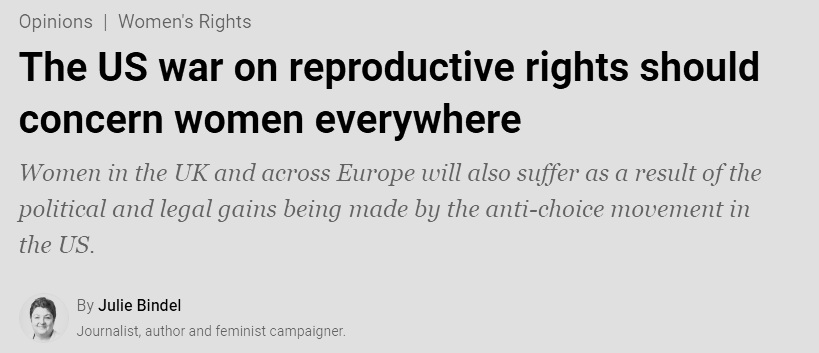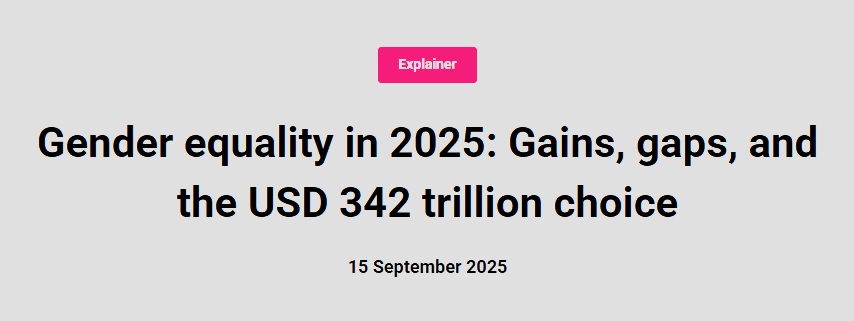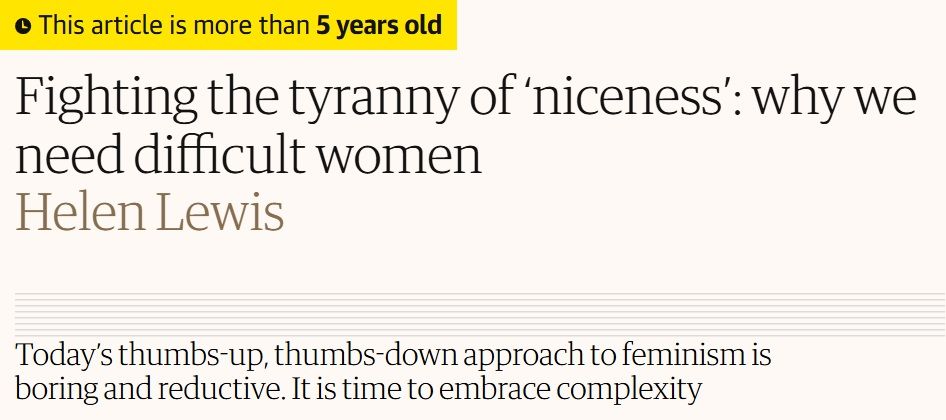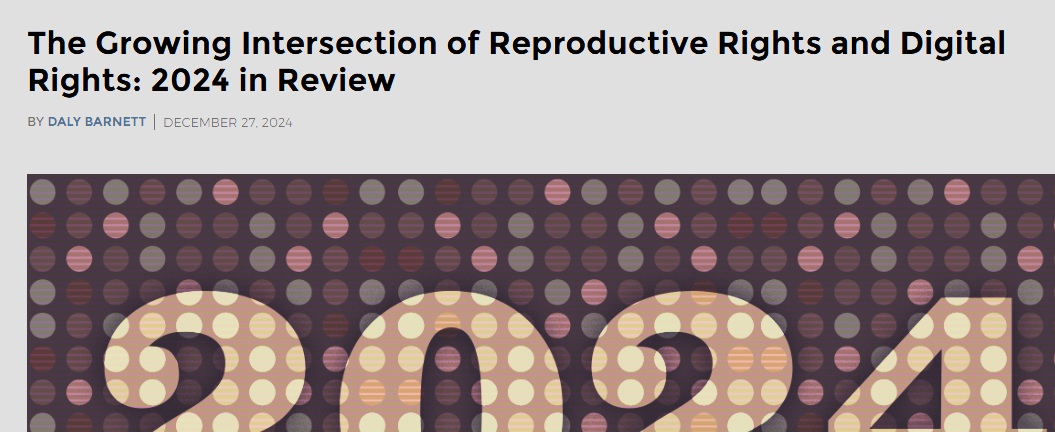The US War on Reproductive Rights Should Concern Women Everywhere

In the United States, women's reproductive rights are rapidly being eroded. Since Roe v. Wade was overturned in 2022, 28 states have restricted abortion access, with 14 states implementing near-total bans. This war on women's bodily autonomy affects not just America, but threatens women's rights globally.
Related Topics
The systematic assault on women’s reproductive rights in the United States is accelerating, threatening not only American women’s fundamental freedoms but providing a dangerous precedent for anti-feminist movements worldwide. Since the Supreme Court overturned Roe v. Wade in 2022, states across America have unleashed a wave of abortion restrictions, marking a rapid dismantling of rights that feminists fought decades to secure.
The Stark Reality of Reproductive Rollback
The Spread of State-Level Bans
The current landscape of abortion restrictions in the US has reached unprecedented levels:
- 28 states restrict abortion based on gestational age, with bans ranging from 6 weeks to over 24 weeks
- 14 states have near-total abortion bans with extremely limited exceptions
- States like Idaho only allow abortion in cases of rape, incest, or to prevent maternal death
- Texas’s “heartbeat bill” prohibits abortion after fetal cardiac activity is detected (typically around 6 weeks)
The practical impact of these restrictions is catastrophic. Many women don’t even know they’re pregnant at 6 weeks, especially those with irregular periods or limited access to healthcare.
Alabama’s Extreme Ruling
In February 2024, the Alabama Supreme Court issued a shocking ruling that frozen embryos have “the same rights as children”. The implications of this decision extend far beyond IVF:
- It could allow any man who impregnates a woman—even through rape—to sue that woman for seeking an abortion
- It threatens the viability of fertility treatments like IVF
- It completely subordinates women’s bodily autonomy to the “rights” of embryos
This extreme position represents a fundamental denial of women’s bodily autonomy, reducing women to mere reproductive vessels.
Threats to Women’s Health and Lives
Medical Crisis
Strict abortion bans have already created a medical crisis:
- Rising maternal mortality: States with abortion bans show increased maternal death rates
- Doctors’ ethical dilemmas: Physicians delay or refuse necessary medical care for fear of legal consequences
- Interstate medical travel: Women with means are forced to travel across state lines for care, while poor women lose access entirely
Mental Health Impact
Forcing women to continue unwanted pregnancies severely impacts mental health:
- Increased risk of depression and anxiety
- Exacerbated economic hardship, especially for low-income women
- Disrupted educational and career opportunities
Global Implications and Warning Signs
Rise of International Anti-Abortion Movements
America’s regression is energizing global anti-abortion movements:
- United Kingdom: Since 2015, the “Pro-life All Party Parliamentary Group” has worked to roll back abortion rights
- Poland: Near-total abortion ban in 2020 has led to deaths of women denied emergency medical care
- Hungary: Requires women to listen to fetal heartbeat before abortion
Cultural and Political Export
As a center of global cultural and political influence, America’s attack on women’s rights is contagious:
- Conservative organizations are funding anti-abortion movements globally
- Far-right political movements make restricting women’s rights central to their agenda
- Social media accelerates the spread of anti-feminist rhetoric
2024: A Critical Turning Point
The 2024 US presidential election holds decisive significance for global women’s rights:
- Conservative control could push for federal-level abortion bans
- The Supreme Court’s conservative majority may further restrict women’s rights
- America’s choices will impact the momentum of global feminist movements
The Necessity of Resistance and Solidarity
Facing this war on women’s rights, global feminists must:
Build Transnational Alliances
- Share resistance strategies and legal challenge experiences
- Coordinate international protests and advocacy
- Support the most affected marginalized groups
Protect Existing Rights
- Strengthen legal protections where abortion rights still exist
- Build support networks for women needing medical services
- Document and publicize the real impact of restrictive laws
Long-term Strategy
- Cultivate a new generation of feminist activists
- Challenge the patriarchal ideologies driving these restrictions
- Place reproductive rights within broader social justice agendas
Conclusion: Not Just an American Issue
The US war on reproductive rights is not an isolated event but part of a global patriarchal backlash. As author Mariam Khan warns, “Cultural norms and political perspectives gaining traction in the US will have significant effects on British politics.”
At the heart of this struggle is whether women have the right to control their own bodies and lives. Rights that generations of feminists fought for are being systematically dismantled, which should alarm everyone worldwide who cares about gender equality.
Women’s reproductive rights are not just about personal choice but about fundamental human rights and dignity. When women lose control over their own bodies, their equal participation in social, economic, and political life is also threatened. The outcome of this war will determine the fate of generations of women to come.
This article is based on commentary published by Al Jazeera
Related Articles

Beijing+30: A Critical Moment for Global Women's Rights
2025 marks the 30th anniversary of the Beijing Declaration and Platform for Action. Despite progress, 24% of countries report backlash on gender equality, and 10% of women still live in extreme poverty. This is a critical moment to renew commitments.

Fighting the Tyranny of 'Niceness': Why We Need Difficult Women
This article critiques the expectations of 'perfection' and 'likability' in contemporary feminism, calling for recognition of the complexity and contradictions within feminism, and embracing those 'difficult women' who are nonconformist, hard to categorize, but drive change.

Reproductive Rights in the Digital Surveillance Era: When Technology Becomes a Tool of Oppression
In the post-Roe era, digital privacy has suddenly become a matter of life and death for abortion seekers. Period tracking apps, search histories, and location data can all become evidence for prosecution. This article analyzes how digital surveillance threatens reproductive freedom and how women can protect their digital privacy.
Support Our Work
If this content has been helpful to you, please consider supporting us to continue curating quality feminist resources
☕ Buy me a coffeeComments & Discussion
Share your views and feelings about this article
Join the Discussion
Share your views and feelings about this article
Loading comments...